
My god, why do I keep reading these books. I was really hoping for a bit of an improvement from the first book, but that just didn’t happen. If anything, the ridiculous extremes from the first book magnified here. The heirs are still dicks, only now they are just that much more dickish! The poor Vega twins are still rattled and confused and slide right into their victim roles despite showing slight sign of the toughness and independence they claim they are based in.
I think what bugs me the most about this series is the pacing. I churn through loads of pages, but barely any time passes, and nothing really goes on. Half of this book could have ended up on the editor’s floor (I’m making a bold assumption that there was an editor at all), and the story would have been unaffected.
Ahh, but this book does have something that the first doesn’t: more violence against women, more role manipulation, more racism, and more inappropriate posturing.
I honestly don’t know if I’m going to be able to make it through this entire series. If it wasn’t for the other books that I’m reading concurrently, I would have already abandoned this folly. At this point, I guess all I have to look forward to is seeing if it’s the Vegas or heirs who crack first, and to see who dies (someone better die).

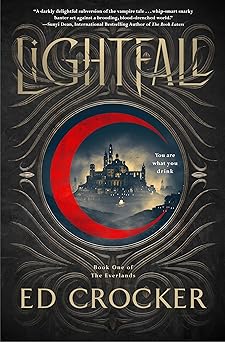
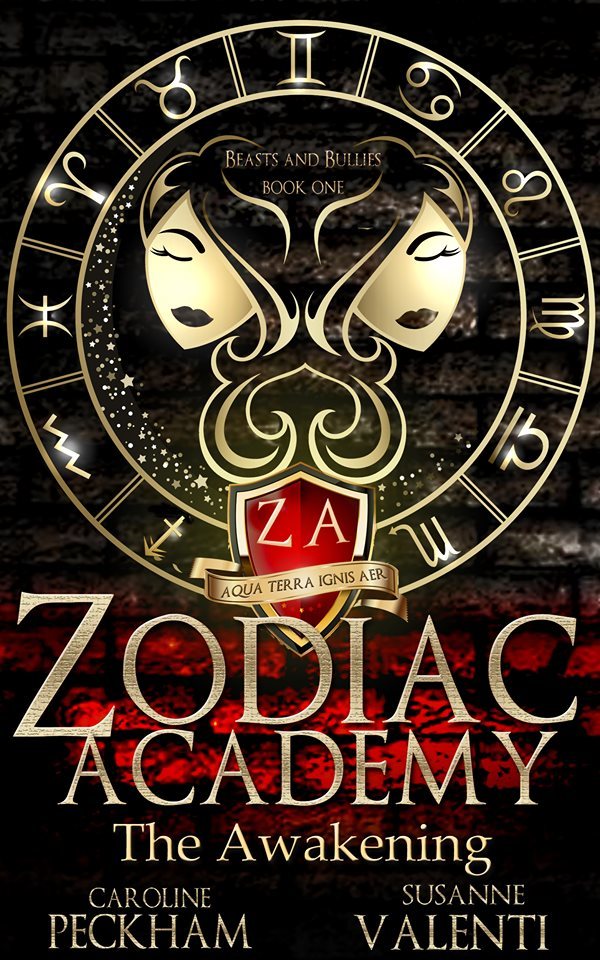
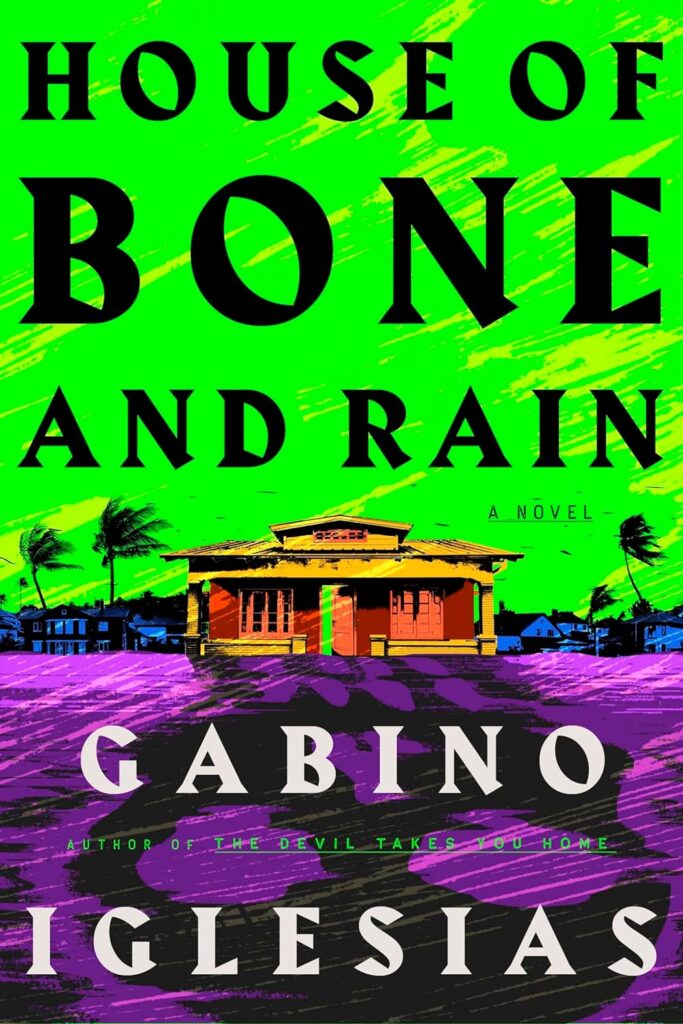

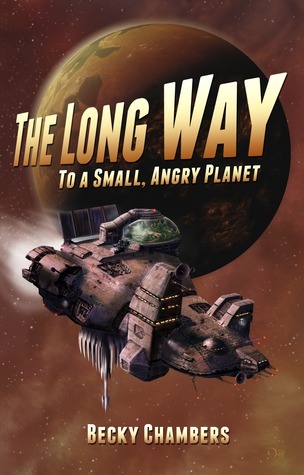
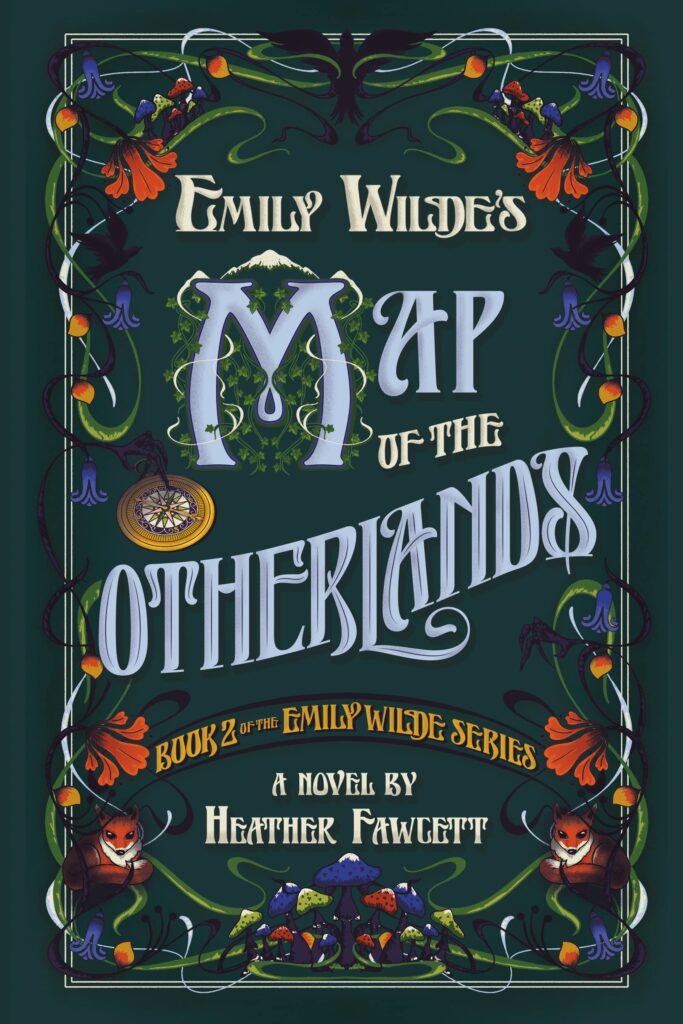
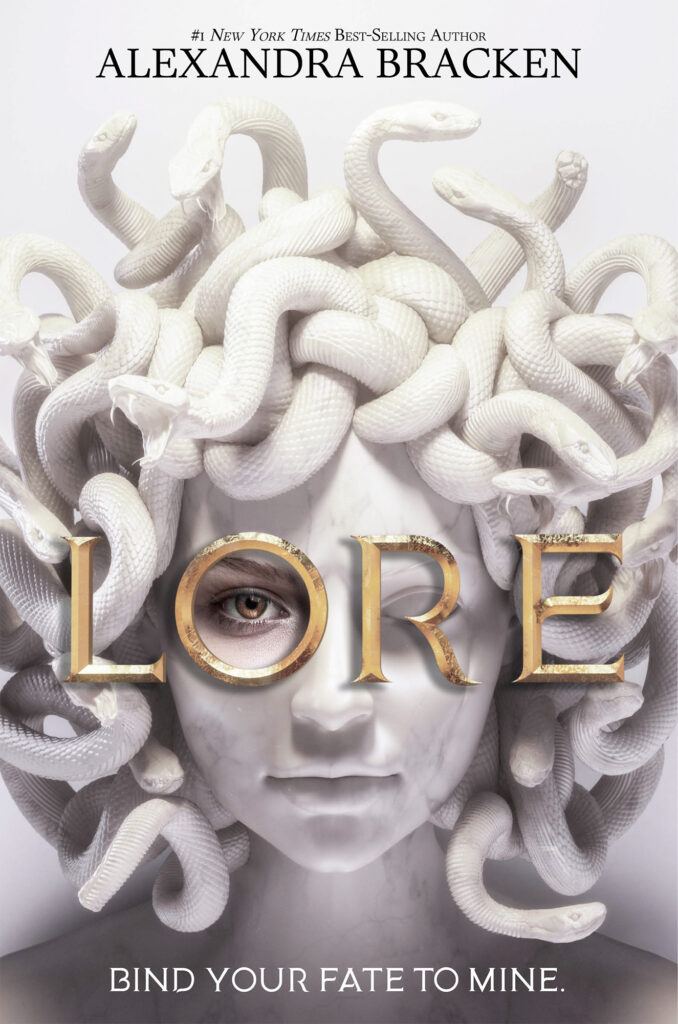
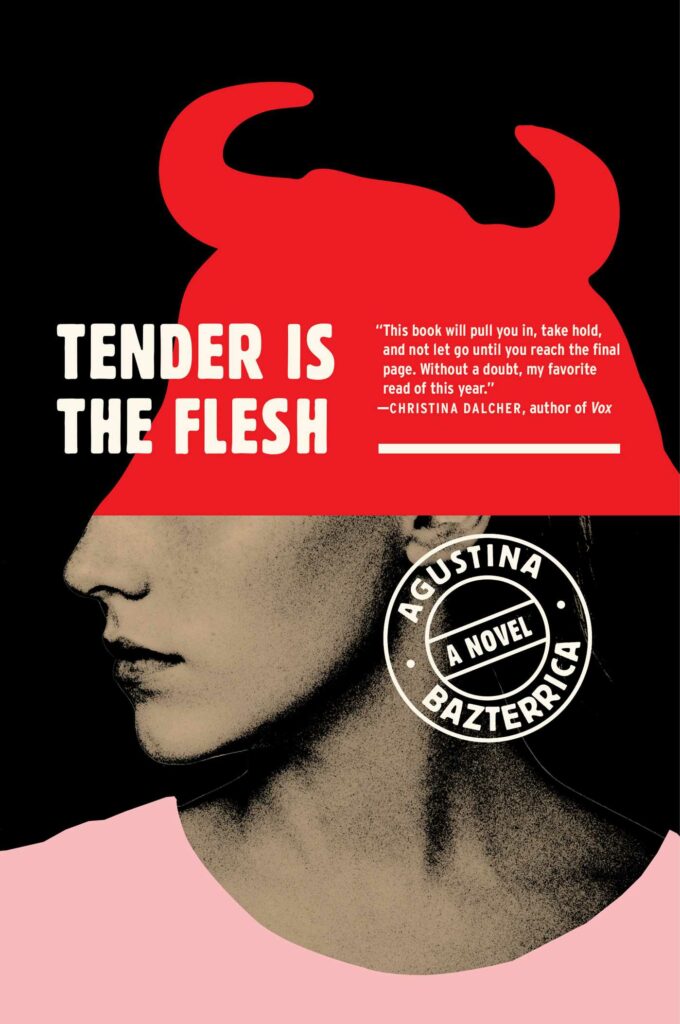

Recent Comments